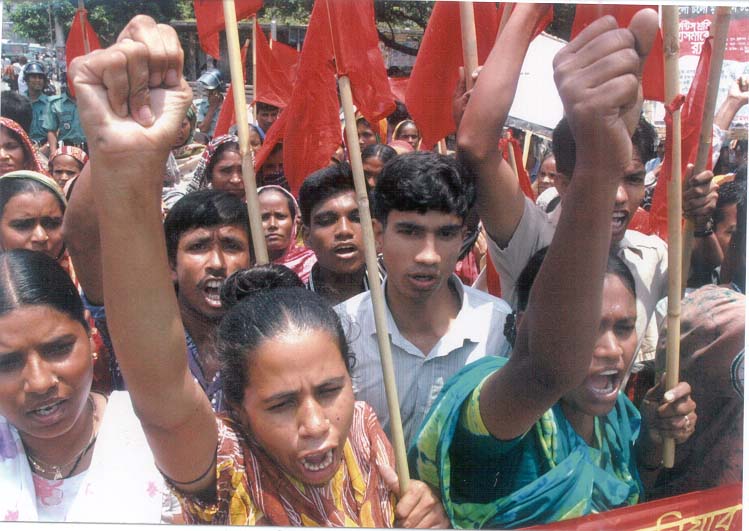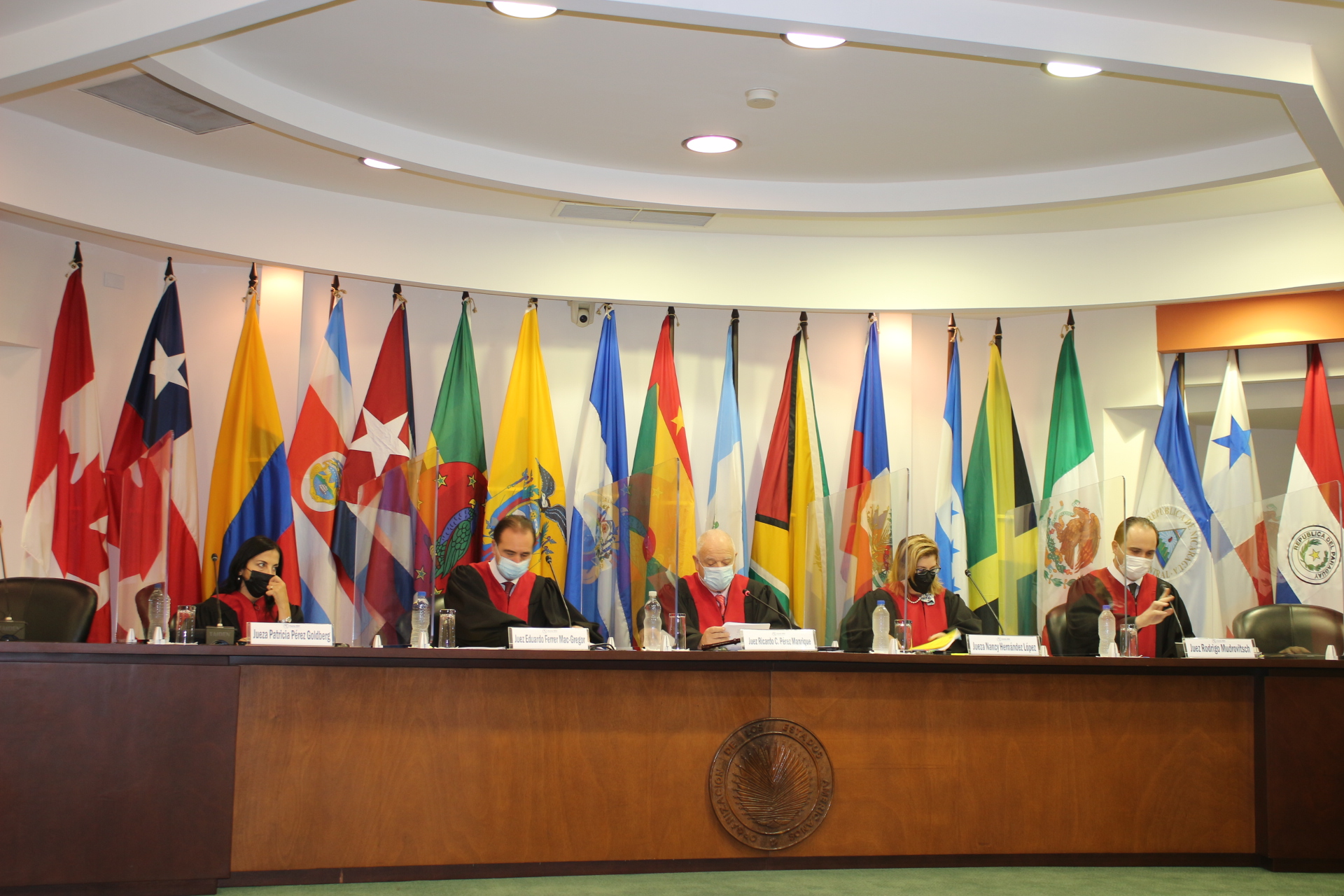In a statement delivered during the 39th session of the Human Rights Council, ISHR called on Bangladesh to implement recommendations for the protection of human rights defenders and the eradication of impunity. The recommendations constitute the outcome of the country’s third Universal Periodic Review (UPR), a peer-review mechanism which allows UN Member States to examine the human rights situation in each country, pose questions and make recommendations every four to five years.
The statement described reccomendations made to Bangladesh as crucial, given the turbulent human rights situation in the country where defenders are persistently mistreated with impunity.
‘Journalists, lawyers and human rights defenders are threatened, abducted, imprisoned and sexually assaulted for exposing and protesting human rights violations and engaging with the UN’, said Pooja Patel, Programme director at ISHR. ‘This is facilitated by laws which restrict the activities of human rights defenders and contribute to the erosion of civil society space in Bangladesh’, Patel added.
Since the country’s last UPR in April 2013, Bangladesh has enacted two restrictive laws, namely the Digital Security Bill of 2018 and the Foreign Donations (Voluntary Activities) Regulation Act of 2016. These laws are harmful to the work of human rights defenders, in that they use broad and ambiguous language to criminalise free speech and subject the activities of NGOs to excessive government control.
Additionally, Bangladesh government has continued using section 57 of the Information, Communication and Technology (ICT) Act of 2006 to enable the arbitrary arrest, detention and prosecution of numerous journalists, curtailing the exercise of their rights to freedom of expression, association and peaceful assembly.
ISHR expressed deep concern that none of the restrictive laws have been amended or revoked and urged Bangladesh to take necessary action to rectify this.
The timely call for legal reform coincides with a campaign by global civil society alliance CIVICUS, demanding the release of all activists who have been arbitrarily arrested for engaging in peaceful protest and exercising the right to freedom of expression in Bangladesh, including renowned photo journalist Shahidul Alam.
To stand in solidarity with the campaign, sign an open letter to the Prime Minister of Bangladesh here.
ISHR expressed equal concern about Bangladesh government’s failure to respond to visit requests by Special Procedure mandate holders of the Human Rights Council, commenting that ‘country visits by UN Special Procedures are crucial to the transparency, accountability and the improvement of the human rights situations of States’.
A copy of the full statement is available here.
Watch a video of the statement:




